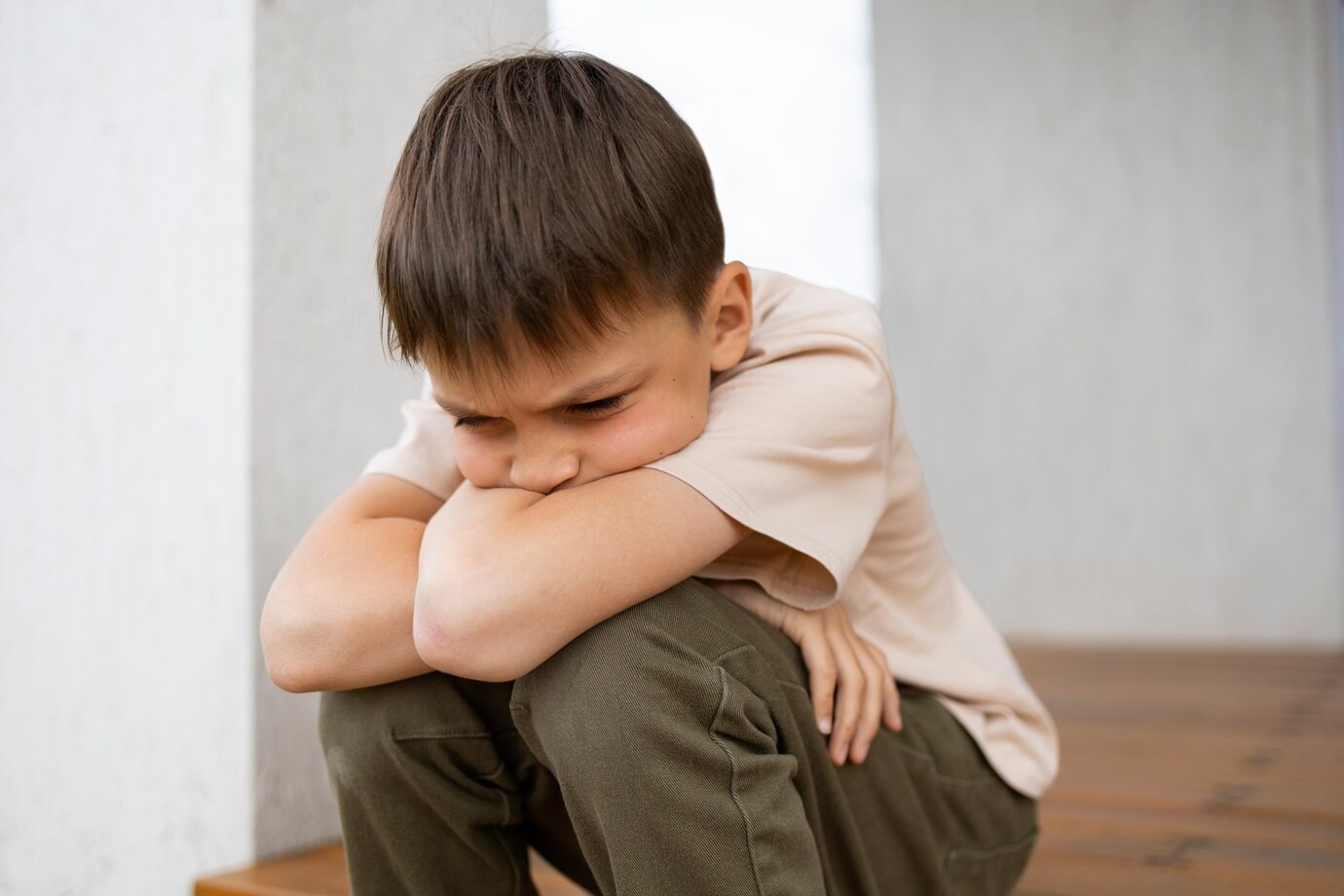According to Birth Order Theory, developed by psychologist Alfred Adler, a person's birth order can influence their personality traits. Firstborns are thought to be more competitive and protective than middle or youngest-born children. This trait is referred to as oldest-child syndrome.
Understanding oldest-child syndrome
Oldest-child syndrome is not a clinical diagnosis that describes a person's physical or mental state. The term refers to the common personality traits of firstborns.
For some firstborns, the birth of a sibling can cause a crisis in the child's psychological and behavioral development. What was once an only child with their parents' undivided attention must now be shared with younger siblings. This change can be stressful and affect children's health. This can be the source of sibling conflict, jealousy, and traumatic experiences for the eldest child.
However, this is not always the case for every firstborn. Family situations, upbringing, and other factors can all influence the personality traits of firstborns.
Symptoms of oldest-child syndrome
Because oldest-child syndrome is not a medical condition, defining the general characteristics of a firstborn's personality is difficult. However, in general, the traits of the firstborns include:
- Want to lead and dominate
The character of the firstborn is associated with leadership. After their younger siblings are born, firstborns will be trained to assist parents in caring for their younger siblings, promoting independence and responsibility in children from an early age. However, parents should exercise caution if their firstborn child becomes domineering, controlling, or bossy.
- Perfectionist
Firstborns are generally perfectionists who prefer to see everything run smoothly.This could be due to their parents' expectations that the firstborn set a good example for their younger siblings.
- High self-confidence
Firstborns are more likely to take on parental responsibilities, which can boost their self-esteem because they believe they are capable and trustworthy.
- Competitive
Eldest children are sometimes burdened with the responsibility of always setting an example and being the best. This condition sometimes causes children to be competitive with their younger siblings and at school. A competitive attitude is not always bad, but it can lead to unhealthy competition.
- Protective
Firstborns have an instinct to care for and protect their younger siblings. This can occasionally lead to an unhealthy, protective attitude.
Parenting tips for firstborns
Oldest-child syndrome does not necessarily have a negative impact on a child's development. However, if this behavior is not directed, it can impair children's social and mental health. As a parent, you can manage your parenting so that your firstborn child is not overly burdened with the label of being a firstborn. Here are some parenting methods you can use:
- Avoid burdening the child with parental expectations. When children fail, encourage them to try again and teach them that they can learn from their mistakes
- Spend time with your firstborn. Always make time to talk or relax with your eldest. That way, he or she will not feel neglected and will continue to feel valued
- Give privileges. There is nothing wrong with giving firstborns the benefits they deserve. For example, if he or she contributes significantly to household tasks, you can give him or her more time to watch TV or relax
Oldest-child syndrome does not always have negative effects on development. However, if their personality is overly prominent and not properly directed, it can have an impact on their future prospects. Consult a doctor or child psychologist for any concerns about your child's growth and development.
If you need medical advice or consultation, you can either visit a doctor or make use of the consultation features that are available in the Ai Care application by downloading the Ai Care application from the App Store or Play Store.
Looking for more tips and health tricks, first aid, and home remedies? Click here!
- dr Nadia Opmalina
Maruwada, M. (2023). 8 Signs Of Oldest Child Syndrome And How To Deal With It. Available from: https://www.momjunction.com/articles/oldest-child-syndrome-characteristics-signs_00792072/#
Gillis, K. (2022). Oldest (First) Child Syndrome: 10 Common Characteristics. Available from: https://www.choosingtherapy.com/oldest-child-syndrome/
Laderer, A. (2023). What Is Oldest Daughter Syndrome?. Available from: https://www.charliehealth.com/post/what-is-oldest-daughter-syndrome
Lorenzi, N. (2023). What to Know About Oldest Child Syndrome and Birth Order. Available from: https://www.parents.com/baby/development/sibling-issues/how-birth-order-shapes-personality/












